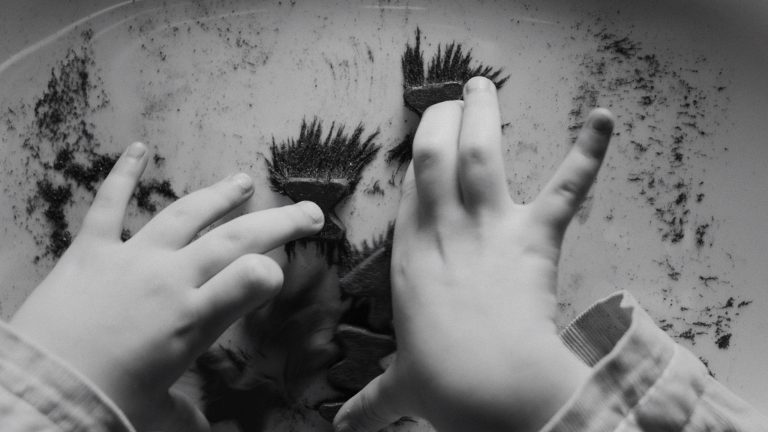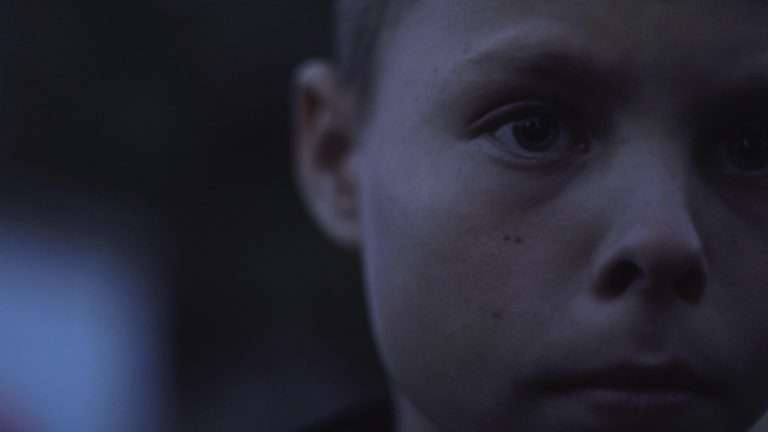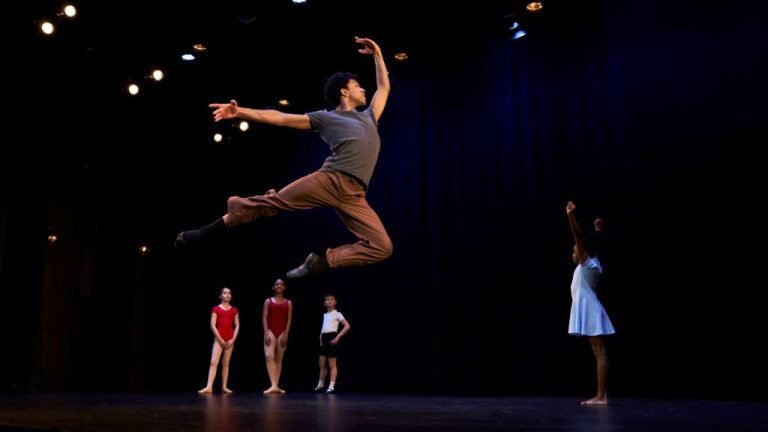Bogdan Mureşanu’s “The New Year That Never Came” is a glorious, richly textured example of big, brawny, many-angled storytelling. It shifts among multiple perspectives and parallel plot tracks with elan and conviction. There’s no pussyfooting in the film’s stringent, unflinching takedown of how politics invades every inch of daily life. It zooms in and out of the minutiae of ordinary, regular lives and interrogates the space within them for complicity and resistance. How does one register dissent when the price is as steep as losing their life and a chance at building a career?
When the State has dug its heels so deep into the corners of every establishment, unwilling to conceal its autocratic nature, how does a radical counter-imagination survive? The film plunges us into the final days of the dictatorial presidency of Romania’s Nicolae Ceausescu in the Christmas of 1989. It’s a deeply restive time. The very political nerves of the nation are frayed. There have been military shootings of protestors in the streets. The entire country is in a churn. There’s an acknowledgment of things being on the boil.
Many are in fearful denial, but largely, an absolute distaste for the government runs through the masses. Mureşanu peeks into little pockets of life in Romania across a wide cross-section, bringing them into a heaving, tense totality of disillusionment and apprehension. The storytelling is ranging and representative. So we have someone from the secret police, Ionut ( ulian Postelnicu), who’s grilling a youngster, Laurentiu (Andrei Miercure), for trying to illegally pass through the borders.
This is the least effective and underdeveloped of the plot lines that crisscross the film. The police officer’s mother, Margareta (Emilia Dobrin), and the youngster’s father, Stefan (Mihai Calin), have separate tracks that branch out further to incorporate other characters who assume primary agency in their own strands.
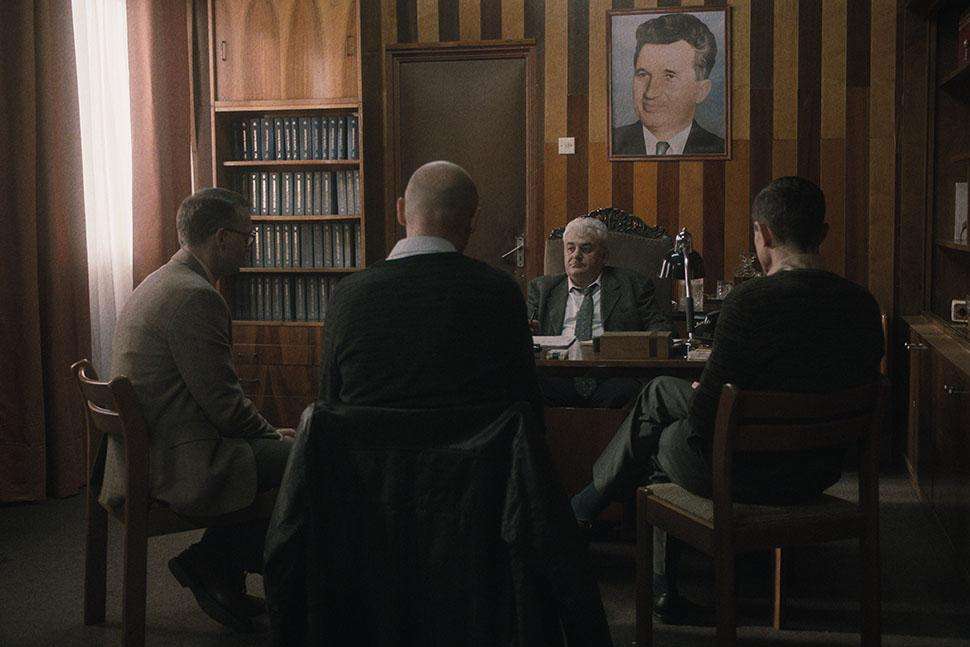
Margareta is distraught over having to move to a small flat due to the impending demolition of her house. Like her son, she was once an ardent believer in the communist party but has now drifted into complete disenchantment in the purview of the brutal Ceausescu regime. A worker who helps Margareta shift furniture gets his own angsty subplot where he’s essentially mad at his son for wishing for the death of “Uncle Nick” ( i.e., the president) in his letter to Santa. Nothing is private in such a troubled, hard-edged political climate, and that letter could be enough to put the worker behind bars.
Mureşanu is brilliant, especially at capturing the air of white-knuckle fear and paranoia that grips the nation and the highly palpable tinderbox of agitation and fury that could be ignited at any moment. Long power cuts cast streets and houses in complete darkness, juxtaposed with moments indicative of pure moral light being intact in many, like when a driver compels a passenger to get off the minute the latter comments about the glory of socialism, even if in jest.
Of the many jostling plot strands in the film, the most biting, sharpest one circles a fledgling theatre actress, Florina ( Nicoleta Hancu). Laurentiu’s father is responsible for managing the television program of a patriotic carol that trumpets a zeal for the president. One of the faces in it has defected, so Florina gets zeroed in on as a double. However, she is in knots over conceding to the proposal.
She knows there are high stakes should she reject. As the theatre director, who she’s also secretly dating, harshly presses on her, she might be thrown out of all future acting gigs. But she’s wary of and balks at the prospect of paying homage to a leader who has fallen out of public favor. Wouldn’t her participation immediately shove her onto the wrong side of history and diminish every ounce of her artistic integrity? If she doesn’t toe the line, she may lose it all. Should she register her collusion by chipping in without a sign of defiance, what’s the place from where she could hope to operate as an artist? It’s a big conundrum, ethical, political, and a seemingly individual one that’s locked within a larger picture.
“The New Year That Never Came” is blistering filmmaking, with an enviably complex understanding of the interplay between the micro and the macro. Claustrophobia and disquiet are powerfully laced into the crevices of the visually drab film, along with thrusting grasps at dissidence. It seems life itself has leached out. The increasingly taut pacing of the film blazes its unforgiving way into a climax, where the lid on all the contained ire of the people is hurled off as a revolution erupts. Mureşanu has a teeming bundle of tracks to keep poised midair throughout the film. Not once does his grip slacken. It’s a bravura achievement when he does let them crash into each other in the spectacular final passages.


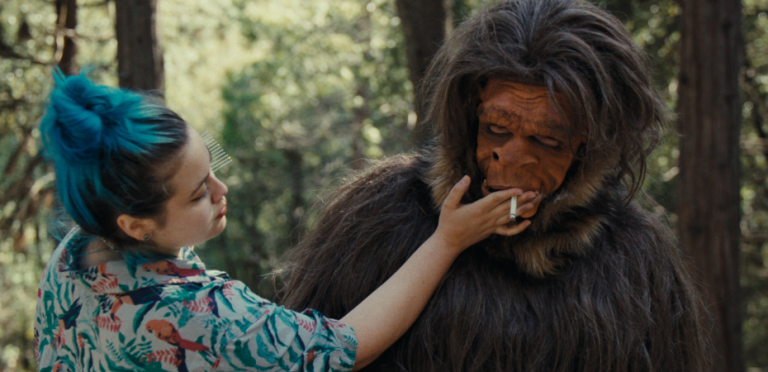
![Eighth Grade [2018] – A Captivating and Heartfelt Portrait of Modern Teenage Life](https://79468c92.delivery.rocketcdn.me/wp-content/uploads/2018/09/Eight-Grade-2018-768x432.jpg)
